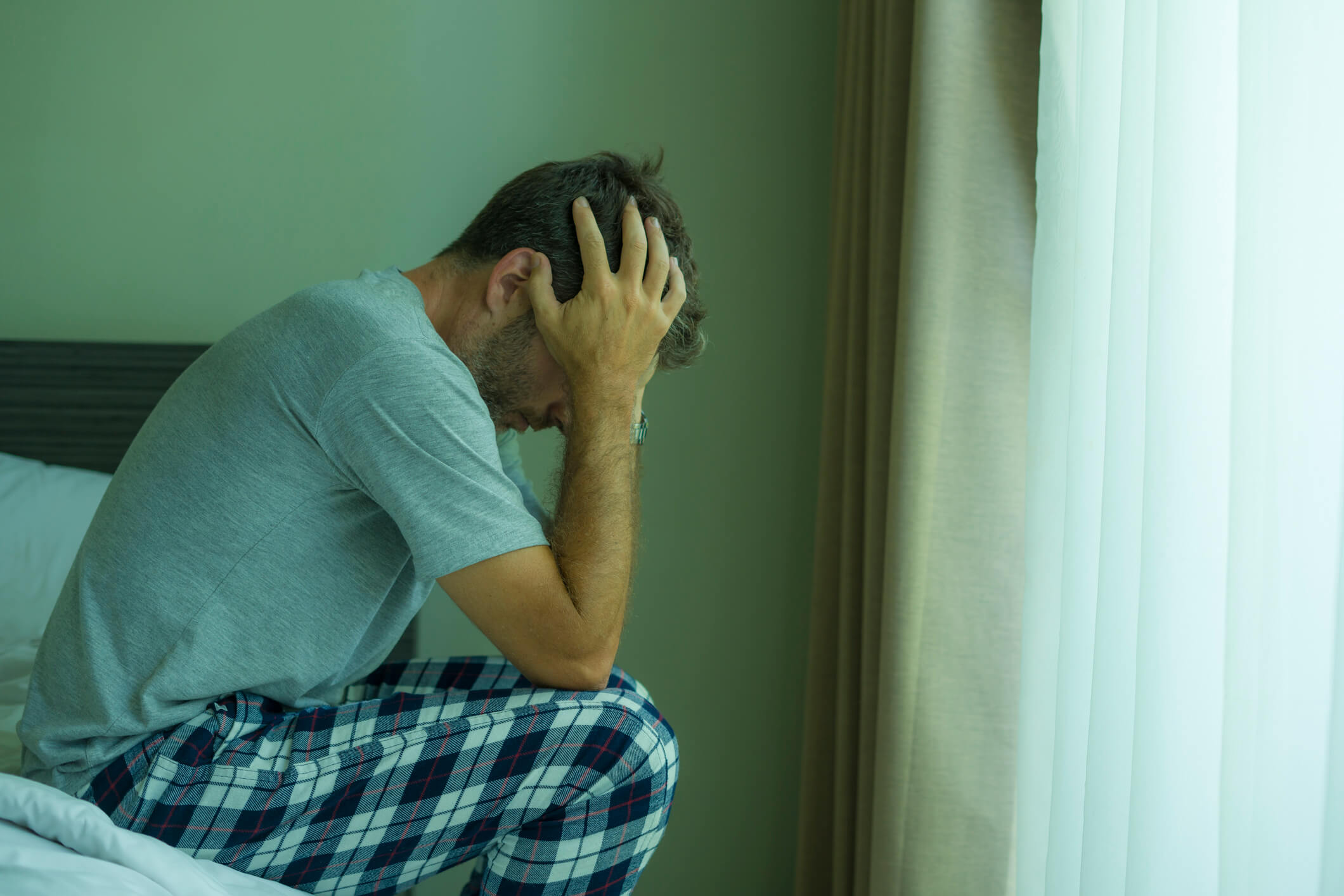
Alcohol is readily available at convenience stores, parties and other spaces, which can make it easy to develop a dependence on this substance. If you believe you may be dealing with alcohol use disorder, there are treatment options available to you. Middlesex Recovery offers office-based treatment for patients in New Hampshire and Massachusetts.

If you’re not sure whether you exhibit signs of alcohol dependence, here are some common traits to keep in mind:
If you are experiencing substance use disorder, recovery is possible. Middlesex Recovery offers resources near you, along with caring and understanding treatment.
If you’ve chosen to seek alcohol addiction treatment, you should know what to expect during recovery. You may feel uncomfortable withdrawal symptoms for the first few days. Symptoms present during withdrawal may include:
You don’t have to go through withdrawal alone. Middlesex Recovery can help you navigate the process and limit your discomfort.
Our addiction treatment process begins with a brief phone assessment. When you visit us to discuss your situation and medical history, we can begin developing an outpatient medication-assisted alcohol treatment program tailored to your needs. We’re here to give you the treatment and support you need through every step of recovery.
Middlesex Recovery offers evidence-based medication-assisted treatment (MAT). MAT can help lessen withdrawal symptoms and cravings, and the Substance Abuse and Mental Health Services Administration (SAMHSA) recommends it as an effective treatment approach.
Naltrexone is the most common medication used to treat alcohol use disorder, and it is FDA-approved for this purpose. It helps patients remove the association between alcohol and euphoric feelings and experiences. The medication can be administered as a tablet (ReVia® and Depade®) or an injection (Vivitrol®). When combined with counseling and a comprehensive recovery treatment plan, medication can be highly effective for achieving recovery.

In alcohol treatment, medication works well in conjunction with new skills and coping mechanisms. Individual and group counseling can be essential resources during recovery. When treatment combines medication and counseling services, patients are more likely to enjoy long-term recovery due to a comprehensive focus on health.
At Middlesex Recovery, we believe healing involves encouragement and kindness. We have six locations across Massachusetts and New Hampshire, offering convenient options to seek recovery.
